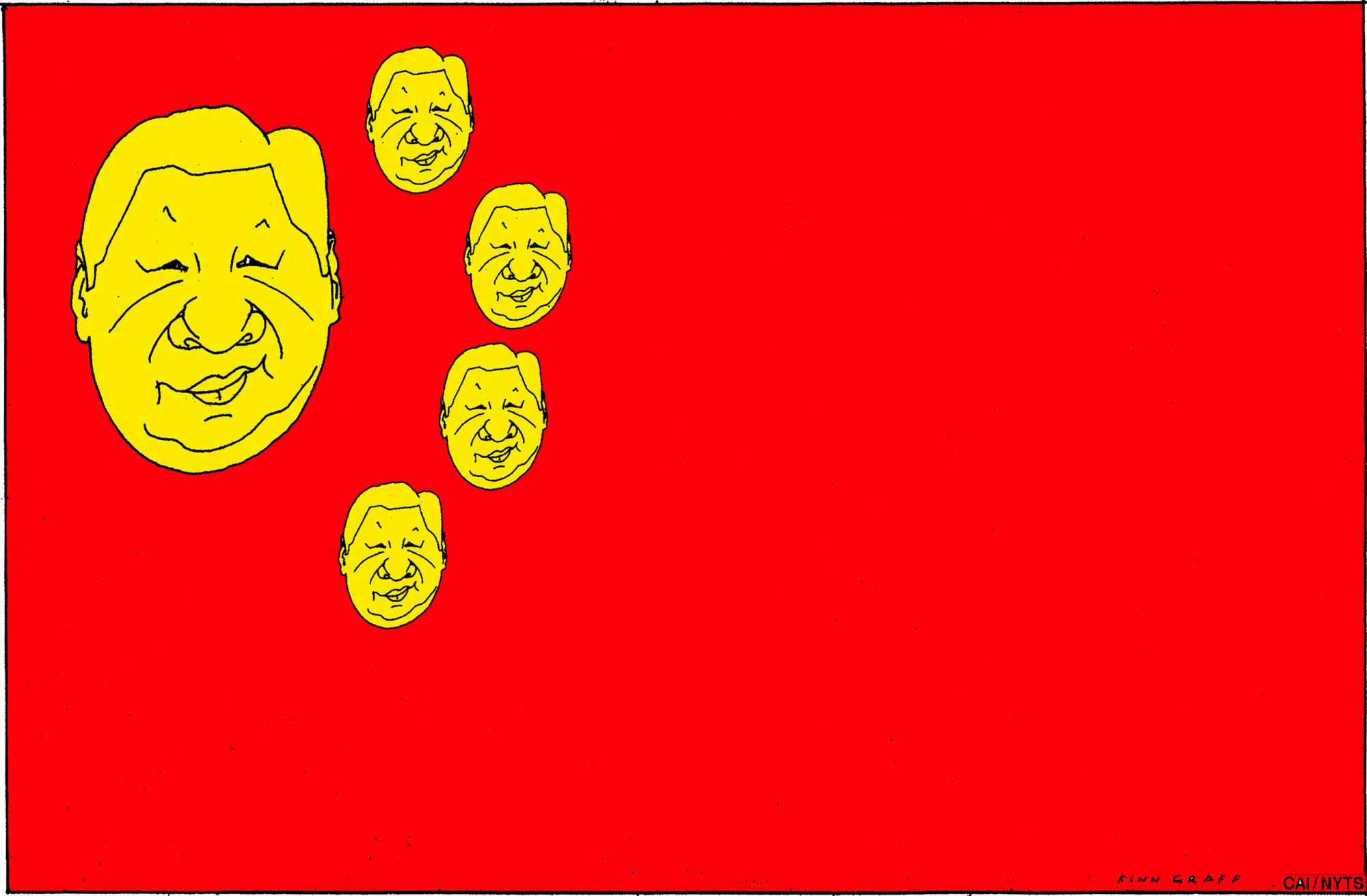For more than two years, China has waged a campaign of unparalleled repression against its Islamic minorities, incarcerating an estimated one-sixth of the adult Muslim population of the Xinjiang region at one point or another. Yet, with the exception of a recent tweet from U.S. Secretary of State Mike Pompeo calling on China to "end its repression," the international community has remained largely mute.
In its reliance on mass detention, the Communist Party of China has followed the Soviet Union's example. But China's concentration camps and detention centers are far larger and more technologically advanced than their Soviet precursors, and their purpose is to indoctrinate not just political dissidents, but an entire community of faith.
Although independent researchers and human-rights groups have raised awareness of practices such as force-feeding Muslims alcohol and pork, the Chinese authorities have been able to continue their assault on Islam with impunity. Even as China's security agencies pursue Uighurs and other Muslims as far afield as Turkey, Chinese leaders and companies involved in the persecution have not faced international sanctions or incurred any other costs.



















With your current subscription plan you can comment on stories. However, before writing your first comment, please create a display name in the Profile section of your subscriber account page.